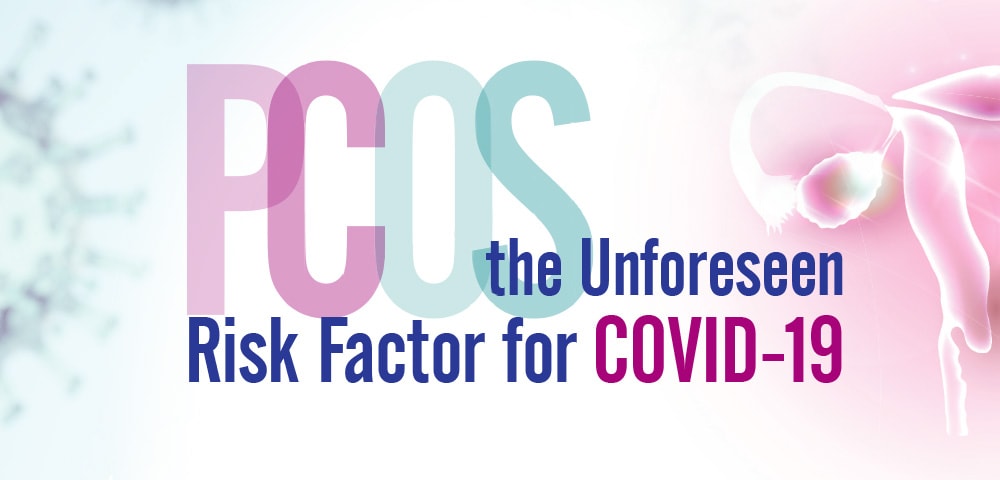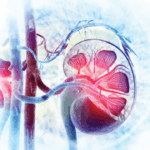
There is a less-known medical syndrome that causes more than half its sufferers to develop diabetes before the age of 40. They are likely to be overweight, but that’s not the major source of their diabetic condition. Rather, they have polycystic ovary syndrome, or PCOS.
Dr. Katherine Sherif, chief of Women’s Health at Jefferson University’s Department of Medicine, and an expert in PCOS, says women with the syndrome are considered “[a] potentially high-risk group” for the virus. Why hasn’t that designation been made known before? It’s almost certainly because this “lifelong metabolic disease” is exclusive to women. “It’s seen as some reproductive issue that is not clinically relevant,” says Dr. Wiebke Arlt, director of the Institute of Metabolism and Systems Research at the University of Birmingham, England. “But that’s not correct,” she told CNN Health, “the higher the metabolic risk is, the higher the risk is to catch COVID-19.”
Researchers at Birmingham University found that women with PCOS were 51% more likely to contract a confirmed or suspected COVID-19 infection than those without the condition. Unfortunately, even after screening out the effects of diabetes in the study group, women with PCOS were still 28% more likely to have confirmed or suspected COVID-19. Because COVID-19 is more than just one disease, with cases varying widely in severity and length, researchers say the next step in understanding its apparent correlation with PCOS is getting primary care physicians to take PCOS itself more seriously as a metabolic condition. PCOS patients who get COVID-19 shouldn’t automatically be told that their weight exacerbated the infection. Instead, it could be that their excess male hormones set up the conditions for COVID-19 to attack, just as it does in men with high testosterone levels. Or that the chronic inflammation that’s present with PCOS created the ideal environment for a “cytokine storm,” where the body’s immune system joins the virus in attacking healthy tissue.
Bottom line for now? If you have PCOS and you’re worried that it makes you more vulnerable to COVID-19, please talk to your health professional; they may be completely unaware of the correlation hypotheses developing in research circles.












